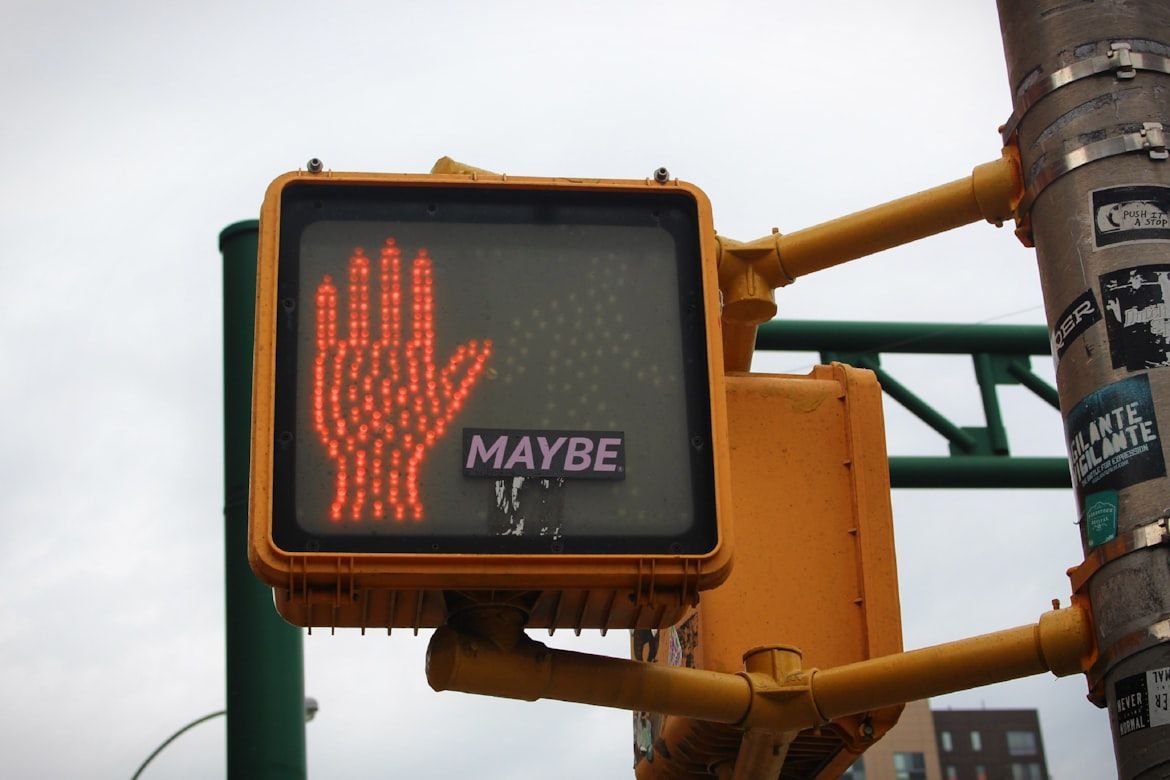Vocabulary traps
Calling someone “sensible” in Spain doesn’t mean what you think
Published on November 18, 2025
 Credit: Gabrielle Henderson
Credit: Gabrielle Henderson
They look familiar, sound familiar—but don’t trust them! "False friends" are words that exist in multiple languages but have wildly different meanings. These linguistic traps confuse travelers, mislead translators, and embarrass even fluent speakers. Here are 10 of the most common—and surprising—false friends across languages.
Gift
 Credit: Kira auf der Heide
Credit: Kira auf der Heide
German vs. English
In English, a "gift" is a present. But in German, gift means poison. You can imagine how that could lead to some awkward moments.
The word actually comes from a shared root: in Old High German, gift meant "something given," but evolved into "poison" in German due to its use in poisoning cases. Meanwhile, English kept the benign sense of giving.
Sensible
 Credit: Jimmy Nilsson Masth
Credit: Jimmy Nilsson Masth
Spanish vs. English
In Spanish, sensible means "sensitive," not reasonable or practical. This is a classic false friend stemming from the Latin root sensibilis, meaning "capable of feeling."
However, the English version of the word diverged toward a notion of practicality in the 18th century, while Spanish retained the original emotional nuance of the word.
Actual
 Credit: Ben Wicks
Credit: Ben Wicks
French vs. English
In French, actuel means "current" or "present," while in English, the word "actual" is used to describe something real or factual.
Both words stem from Latin actualis, but English shifted toward meaning "real" by the 17th century.
Chef
 Credit: Or Hakim
Credit: Or Hakim
French vs. English
In French, chef means "boss" or "leader," and not necessarily a cook. Chef de cuisine is a kitchen boss, and that was shortened in English to just "chef" for cooks.
For example, a chef de projet in French manages a project, not a restaurant kitchen.
Fabric
 Credit: Joyce Romero
Credit: Joyce Romero
French vs. English
A fabrique in French is a factory, not a textile or cloth. The root is Latin fabrica, meaning a workshop or place of making.
While English narrowed the meaning to "cloth" by the 15th century, French kept the industrial sense.
Embarazada
 Credit: Kelly Sikkema
Credit: Kelly Sikkema
Spanish vs. English
In Spanish, embarazada means "pregnant"—not embarrassed. A classic fumble among early Spanish learners, the similarity can be confusing at first.
Both words trace their roots to the Latin imberbes (unbearded), later evolving into "embarrassed" in English via French.
Eventually
 Credit: Caroline Hall
Credit: Caroline Hall
French/German vs. English
In French (éventuellement) and German (eventuell), it means "possibly," not "finally."
While the English word implies inevitability, in French and German it expresses uncertainty. All three share the Latin eventus ("outcome"), but diverged by the 18th century.
Assist
 Credit: Toa Heftiba
Credit: Toa Heftiba
French vs. English
In French, assister means "to attend." The word is derived from Latin assistere, which literally means "to stand by." French remained closer to the original meaning, while English shifted toward the sense of aid.
Sympathetic
 Credit: Priscilla Du Preez
Credit: Priscilla Du Preez
French/Spanish vs. English
In both French (sympathique) and Spanish (simpático), the word means "nice" or "friendly," not emotionally compassionate.
All come from Greek sympatheia, meaning "shared feeling." English leaned into the emotional depth, while Romance languages simplified it to likability.
College
 Credit: The Jopwell Collection
Credit: The Jopwell Collection
French vs. English
In French, collège is middle school, not higher education.
The root for both words is the same, from the Latin collegium, meaning "group" or "society." English changed it into university-level schooling, while French designated it for early teens (ages 11–15).










